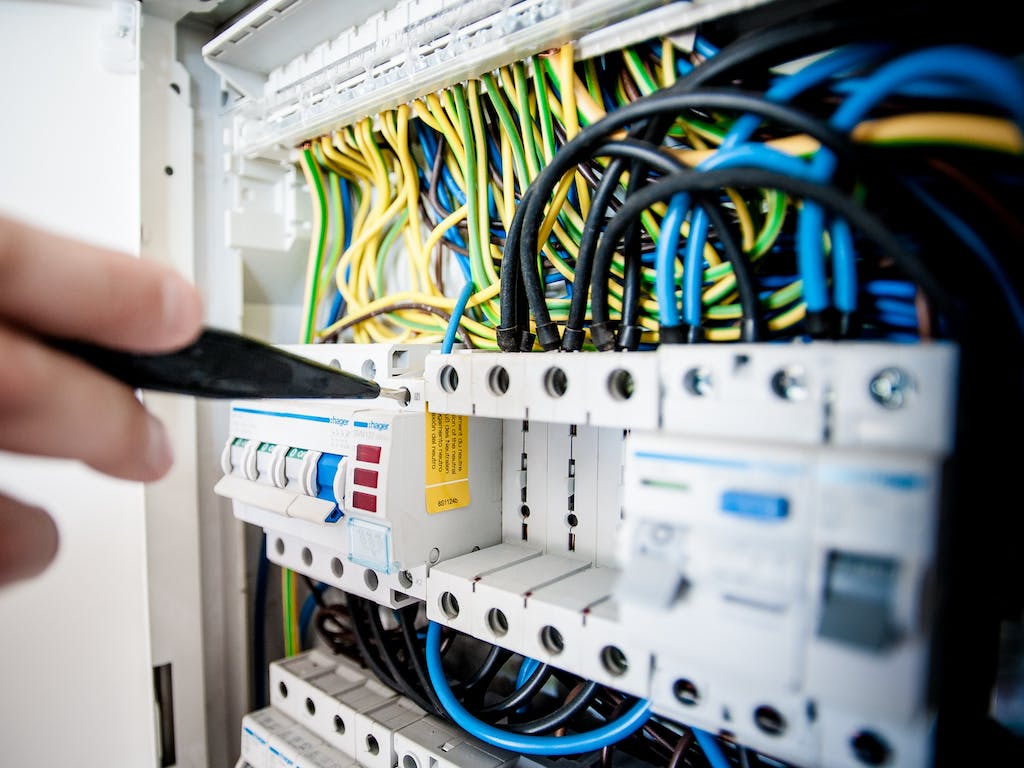Electronics have become an integral part of our lives, occupying a significant amount of our time and attention. However, the increasing use of electronic devices before bedtime has raised concerns about its potential impact on our sleep quality. Read along to learn about the effects of electronic devices on sleep and provide tips for establishing healthy bedtime routines.
Blue Light and Melatonin Suppression:
One of the primary concerns regarding electronics and sleep quality is the exposure to blue light emitted by these devices. Blue light has more energy and a shorter wavelength in comparison to other colors in the visible light spectrum. Studies have shown that exposure to blue light in the evening can disturb the production of melatonin. The suppression of melatonin makes it harder for us to fall asleep and leads to poorer quality sleep.
Stimulation and Mental Alertness:
Using smartphones, tablets, laptops, and other such electronic devices before bed can keep our minds stimulated and alert. The content we engage with, such as social media, video streaming, or work-related tasks, can trigger emotional responses or make it difficult to unwind and relax. This mental stimulation can delay the onset of sleep and reduce sleep efficiency, resulting in fragmented and less rejuvenating sleep.
Disruption of Circadian Rhythm:
The circadian rhythm, our internal body clock, regulates various bodily functions, including sleep. The blue light from various electronic devices can disrupt this natural rhythm, confusing our bodies into thinking it is still daytime. This disruption in our circadian rhythm can lead to irregular sleep patterns, difficulty falling asleep, and daytime sleepiness.
Impact on Sleep Duration and Quality:
Studies show that the use of electronic devices before bed is linked to shorter sleep duration and poorer overall sleep quality. The constant availability of electronics and the temptation to engage with them can lead to delayed bedtimes and a reduction in the total amount of sleep obtained. Additionally, the use of screens in bed can increase the likelihood of experiencing poor sleep quality, characterized by more awakenings during the night and less time spent in deep, restorative sleep.
Establishing Healthy Bedtime Routines:
To improve sleep quality and reduce the detrimental effects of electronics on sleep, establish healthier bedtime routines. Here are a few tips to consider:
Limit Electronic Device Usage Before Bed:
Set a time limit, ideally at least one hour before bed, to disconnect from electronic devices and engage in relaxing activities.
Create a Sleep-Friendly Environment:
Make your bedroom a sanctuary for sleep by keeping it dark, cool, and quiet. Consider using blackout curtains, earplugs, or a white noise machine to facilitate a more restful atmosphere.
Establish a Soothing Pre-Sleep Routine:
Engage in activities that promote relaxation and signal to your body that it’s time to sleep, like practicing relaxation techniques, taking a warm bath, or reading a book.
Avoid Using Electronic Devices in Bed:
Keep your bedroom technology-free by removing electronic devices, including smartphones and tablets, from your sleeping area.






